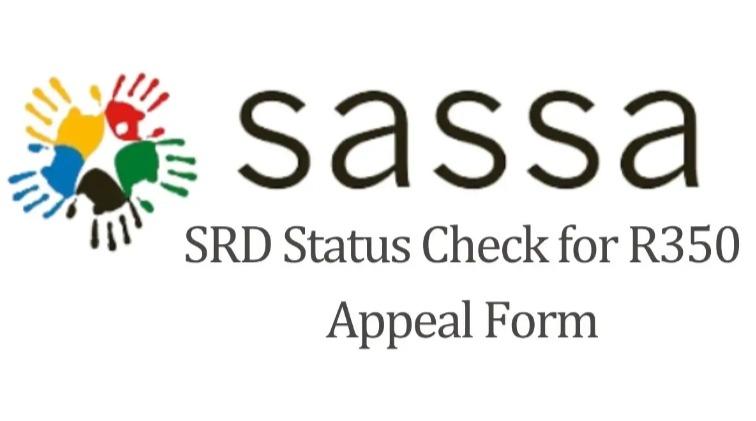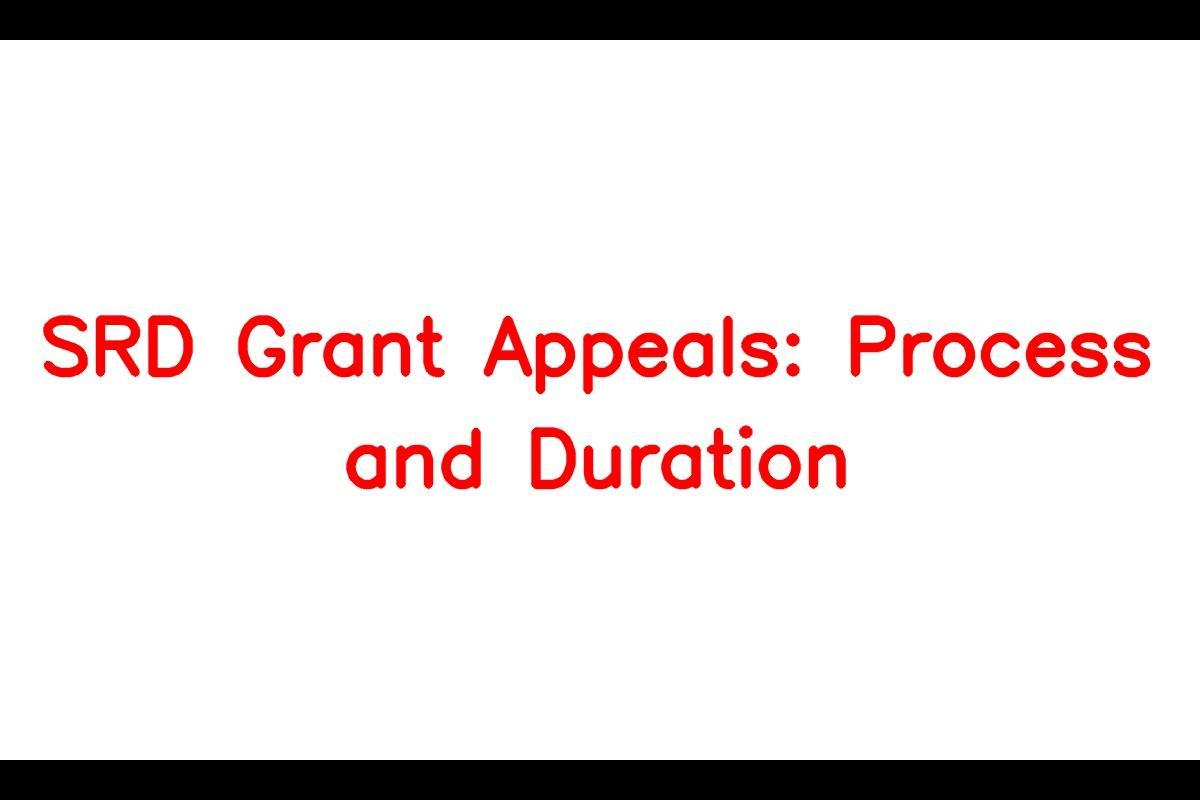In South Africa, the Social Relief of Distress (SRD) R350 grant has served as a lifeline for countless individuals facing financial hardship, particularly during times of economic uncertainty and crisis. Administered by the South African Social Security Agency (SASSA), this temporary assistance program aims to provide relief to those who find themselves in dire circumstances, unable to meet their basic needs.
However, despite the noble intentions behind the SRD grant, not all applications are successful, and some are met with rejection. If you have received the disheartening news that your application for the SASSA R350 grant has been declined, it is essential to understand that you have the right to appeal this decision. The appeals process is designed to ensure fairness and provide applicants with an opportunity to address any potential oversights or misunderstandings that may have led to the initial rejection.
Understanding the Reasons for Decline
Before embarking on the appeals process, it is crucial to comprehend the common reasons why SASSA may have declined your application for the R350 grant. By identifying the specific grounds for rejection, you can better prepare a compelling appeal and address the concerns raised by the agency. Some of the most common reasons for declined SASSA R350 grant applications include:

- Incomplete or Inaccurate Information: SASSA places great emphasis on the accuracy and completeness of the information provided in the application. If you have inadvertently omitted crucial details, such as your ID number, banking information, or contact details, your application may have been declined due to insufficient information.
- Failure to Meet Eligibility Criteria: The R350 grant is intended for individuals who meet specific eligibility criteria, such as being a South African citizen or permanent resident, falling within the designated age range, and having a household income below a certain threshold. If SASSA determines that you do not meet one or more of these criteria, your application may be declined.
- Existing Income Sources: The SRD grant is designed to provide temporary relief to those without any other means of income. If SASSA’s assessment indicates that you have alternative sources of income, such as employment or other social grants, your application may be denied.
- Duplicate Applications: Submitting multiple applications under the same ID number may raise suspicions of fraud, leading to the rejection of all applications associated with that ID.
- Administrative Errors: In some cases, applications may be declined due to administrative errors or technical glitches within SASSA’s systems. While rare, these situations can occur, and it is essential to address them promptly through the appeals process.
Preparing Your Appeal
Once you have identified the potential reason for the decline of your SASSA R350 grant application, it is time to prepare a compelling appeal. The following steps will guide you through the process:
- Gather Supporting Documentation: Depending on the reason for the decline, you may need to provide additional documentation to support your appeal. This could include proof of identity, proof of residence, bank statements, or any other relevant documents that substantiate your eligibility for the grant.
- Review Your Application: Carefully review your original application to identify any errors or discrepancies that may have led to the decline. If you discover any mistakes, be prepared to address them in your appeal and provide corrected information.
- Obtain Confirmation of Decline: Before submitting your appeal, ensure that you have a written notification from SASSA confirming the decline of your application. This document will serve as evidence and will be necessary for the appeals process.
Submitting Your Appeal
With your supporting documentation and a clear understanding of the reasons for the decline, you can now proceed with submitting your appeal. SASSA provides several channels for appealing a declined R350 grant application, including:
- Online Appeal Submission: SASSA has established an online platform specifically for appeals related to the SRD grant. Visit the SASSA website (srd.sassa.gov.za) and navigate to the “Appeals” section. Here, you can register an account and submit your appeal, along with any supporting documents, through an intuitive online process.
- Email Appeal: If you prefer to submit your appeal via email, SASSA has provided a dedicated email address for this purpose. Compose a detailed email outlining the reasons for your appeal and attach any relevant supporting documents. Address your email to GrantEnquiries@sassa.gov.za.
- In-Person Appeal: You can also visit your nearest SASSA office and submit your appeal in person. Be sure to bring all necessary documentation and be prepared to discuss the details of your case with a SASSA representative.
Regardless of the submission method you choose, it is essential to keep records of your appeal, including any reference numbers or confirmation receipts provided by SASSA. This documentation will assist you in tracking the progress of your appeal and ensure that your submission has been received and processed.
Follow-Up and Tracking Your Appeal
After submitting your appeal, it is crucial to actively follow up and track its progress. SASSA processes appeals on a case-by-case basis, and the timeline for a decision may vary depending on the complexity of your situation and the volume of appeals received.

To stay informed about the status of your appeal, consider the following approaches:
- SASSA Helpline: SASSA maintains a toll-free helpline (0800 601 011) where you can inquire about the status of your appeal. Be prepared to provide your ID number, application reference number, and any other relevant details to assist the helpline agents in locating your case.
- Online Tracking: If you submitted your appeal online, you may have the option to track its progress through the SASSA website. Log in to your account and check for updates or notifications regarding the status of your appeal.
- In-Person Inquiries: You can also visit your nearest SASSA office and request an update on your appeal in person. SASSA representatives should be able to provide you with the latest information and guidance on any additional steps you may need to take.
It is essential to be patient and persistent throughout the appeals process. While SASSA aims to process appeals as efficiently as possible, the volume of cases and the need for thorough review can sometimes lead to delays.
Strengthening Your Appeal
If your initial appeal is unsuccessful, do not lose hope. SASSA provides an additional layer of recourse through the Independent Tribunal for Social Assistance Appeals (ITSAA). This independent body serves as a higher authority for reviewing appeals related to social assistance programs, including the SRD grant.
To submit an appeal to the ITSAA, you will need to follow a similar process as the initial appeal to SASSA. Gather any additional supporting documentation, formulate a clear and concise argument, and submit your appeal through the ITSAA’s designated channels.
It is important to note that the ITSAA operates independently from the SASSA, and their decision-making process may involve additional scrutiny and review. Be prepared to present a compelling case and provide any requested information or documentation to support your appeal.
Conclusion
The appeals process for a declined SASSA R350 grant may seem daunting, but it is an essential safeguard to ensure fairness and protect the rights of applicants. By understanding the reasons for the decline, preparing a thorough appeal, and following the appropriate channels, you can increase your chances of having your case reconsidered and potentially securing the financial assistance you need.
Remember, the SASSA R350 grant is designed to provide temporary relief to those facing severe financial distress. By persevering through the appeals process, you are not only advocating for your own rights but also contributing to the efficient and equitable distribution of this vital social support system.
